Ex-NBA star gives PMHS talk on substance abuse that is ‘not what anyone in the audience expected’
When he was in high school, Chris Herren didn’t want to sit in gyms while others told stories about substance abuse. He tried to convince his mom to let him stay home, grab some extra rest and time away from school because he, like so many others, presumed the talks were pointless.
Herren drank in high school. He partied on weekends and liked to enjoy himself with his friends, pretty much like a typical teenager. At the time, he always thought that he would never reach the point of addiction to substances far more dangerous than what was offered at a high school party—until he did.
After a 25-minute documentary on Herren’s life, featuring his basketball stardom from high school to the NBA, his drug addiction and more, the story of not wanting to go to “pointless” substance abuse assemblies was the first Herren told when he spoke at an assembly Tuesday at Pelham Memorial High School. What Herren then went on to say was touching, inspiring and just as he hoped it would be: “Not what anyone in the audience expected.” Many PMHS students were moved by his words at the assembly, with teachers prompting discussions throughout the remainder of the day.
“When I first started doing this, I was just telling my story,” Herren said in an interview with the Pelham Examiner. “That’s really hard to identify with. It’s really hard to be like, ‘Oh yeah. I can see myself playing for the Celtics, reaching that level of success and then shooting heroin.’ I just felt I was somewhat playing into the stigma around drugs and alcohol, and I needed to kind of go back and think about who I was as a teenager and think about the feelings I felt. When I had to sit down and reflect about myself, it was difficult, and that’s the type of presentation kids deserve.”
Herren stressed what peers can do for each other now, instead of placing blame and talking about his past mistakes. While he doesn’t love the cliches of discussing goals and steps toward recovery, he did talk about some of their important values, especially when focusing on how students can support others who are struggling.
“I think it’s a lot like they say in recovery,” Herren said. “It’s about identifying and not preparing. And there’s a lot of admiration for the kids that don’t get smashed on Friday nights.”
While Herren is now in his tenth year of speaking to students in schools, he said there was never really any exact moment where he knew it was his calling. “It didn’t happen like that,” he said. “There was a local teacher who read an article in the newspaper about me. She was like, ‘Hey, my mom’s in recovery. I’m very well aware of what recovery looks like. Would you be interested in coming to my health class and talking to my kids?'” Soon after this, health teachers from all over started calling Herren, requesting that he speak to their students. “To be able to do this for 10 years, for me is quite an honor and an accomplishment because if you weren’t reaching, you wouldn’t be doing it.”
Herren now presents at around 200 schools a year and still manages to take care of his 13-year-old son and his two other children who are in college. He still takes things one day at a time, and sometimes “one minute at a time.”
On top of all of this, Herren runs two wellness centers, one right near his hometown Fall River in Seekonk, Massachusetts, and another just outside Washington, D.C. “I don’t talk about (the centers) much in this setting because I don’t want it to make it seem like I’m pitching. But you know I have 36 people in my wellness center right now from ages 17 to 71. We have everything that comes through there, and we get ’em all.”
Herren’s talk at PMHS was two years in the making. Grants from the Pelham Education Foundation were needed, a process led by former Principal Jeanine Clark, and groups such as Pelham Together and the Pelham Booster Club worked with the high school to bring him.
Charlie is a class of 2022 graduate of Pelham Memorial High School. He played varsity soccer, basketball and tennis throughout his PMHS career. Charlie...



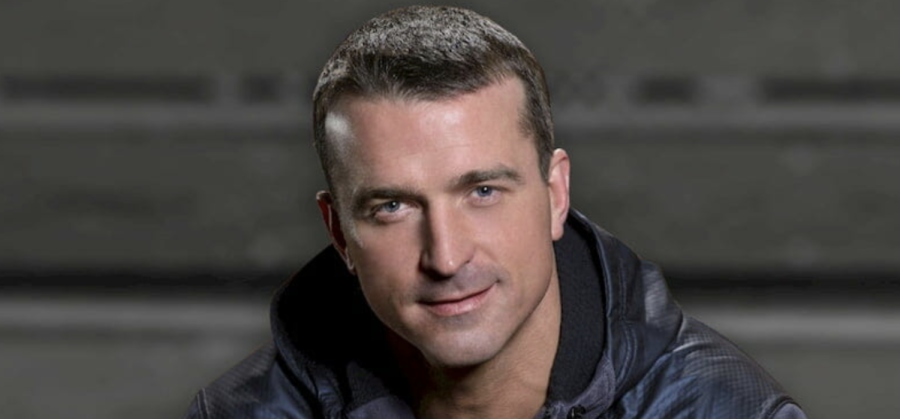
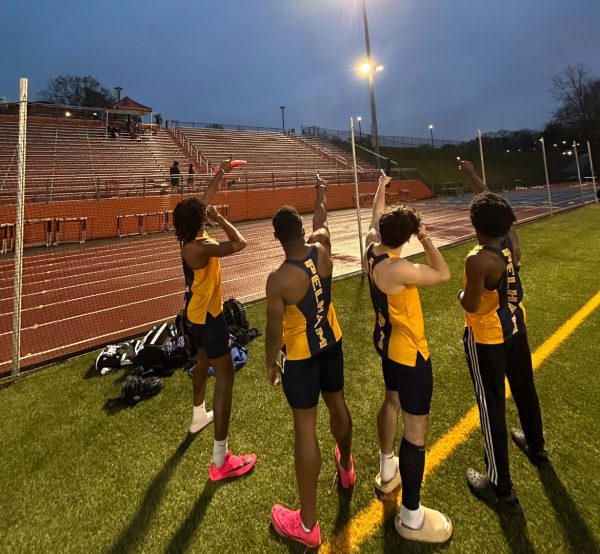
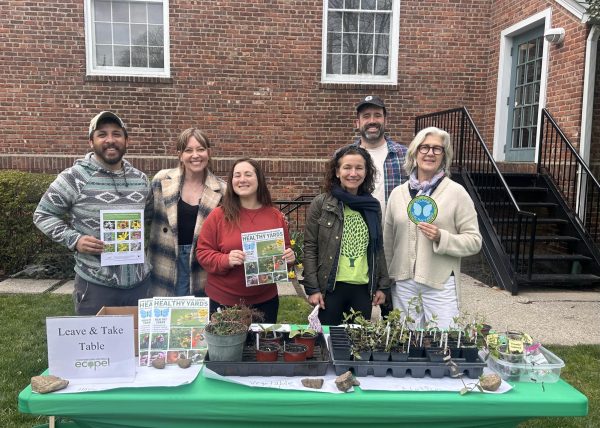
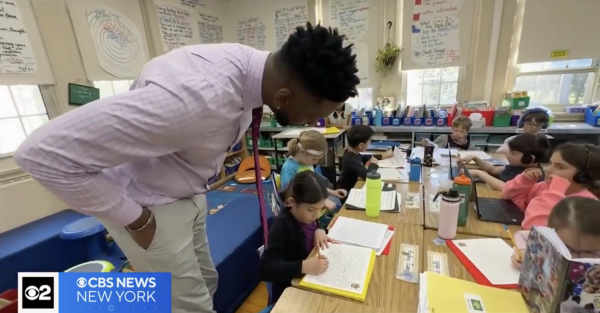
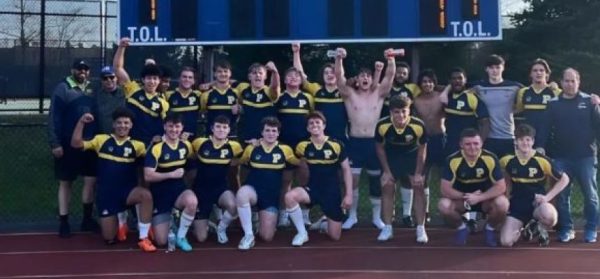
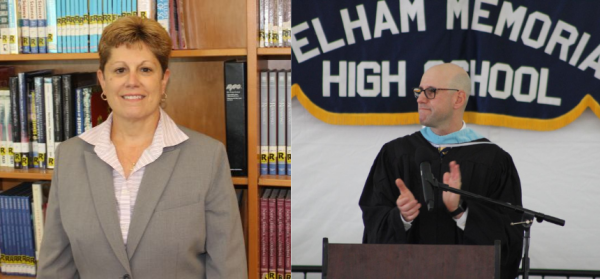
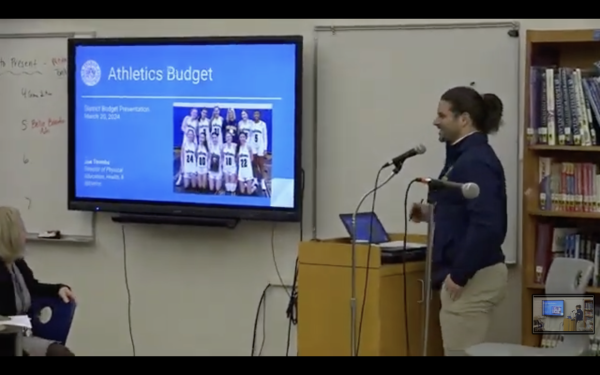
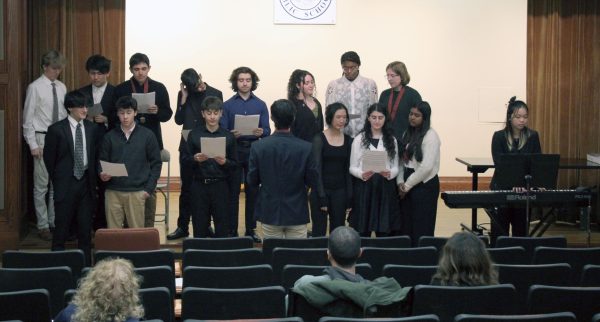

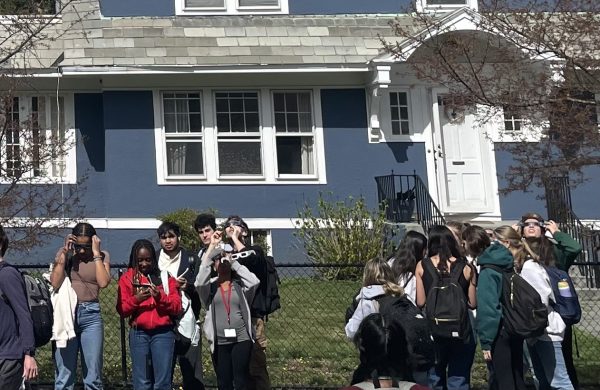
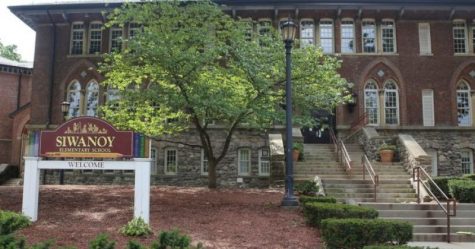
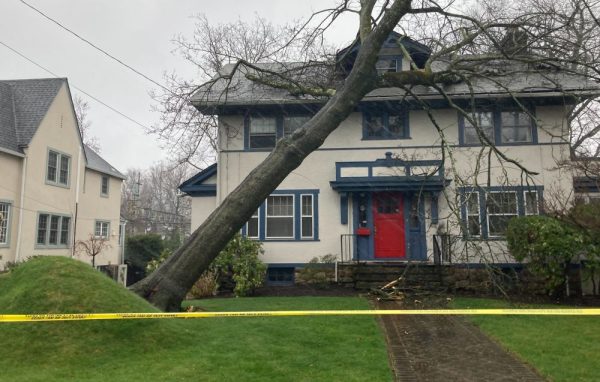
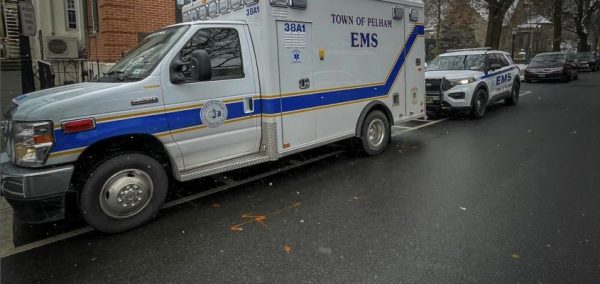
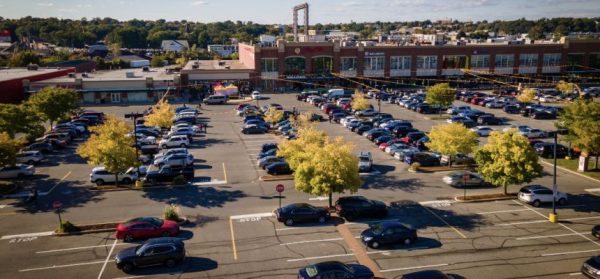
Sherrod Blakely • Oct 8, 2021 at 12:35 pm
It is so important that those of us who have made life-changing mistakes, learn from them and maybe just as important, do our part to teach others so that those mistakes are not repeated but rather become useful tools for future generations.
LeRoy Marriott • Oct 6, 2021 at 10:25 pm
We need more speakers with real life experiences addressing our students. The “fear factor” method is a thing of the past and I encourage our schools to continue program.